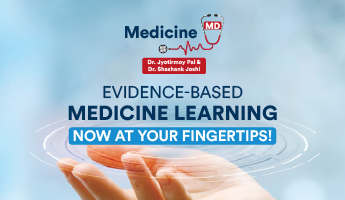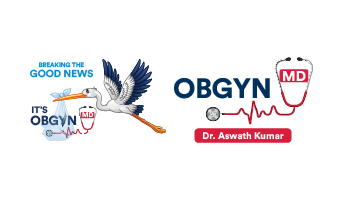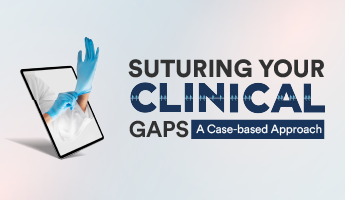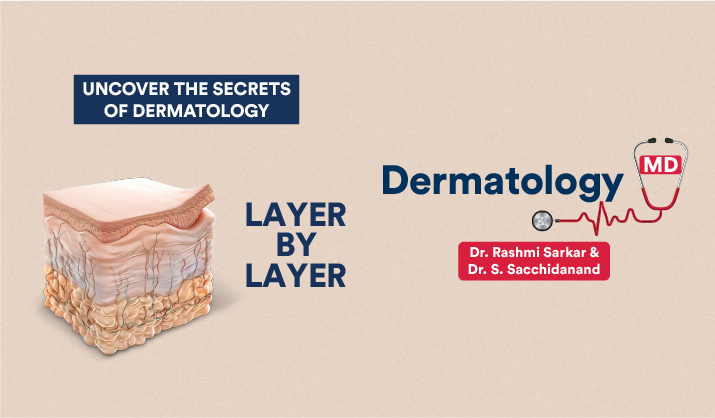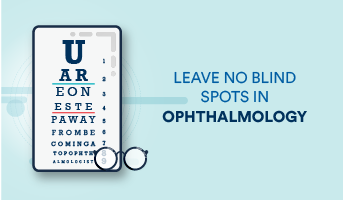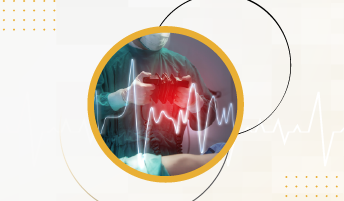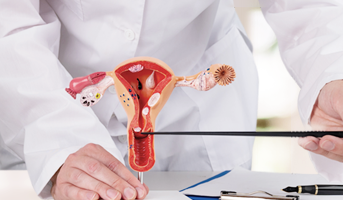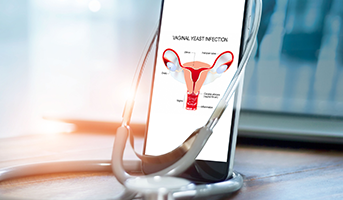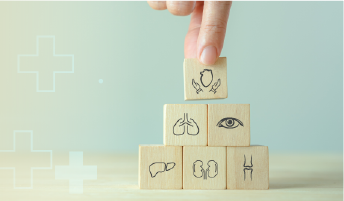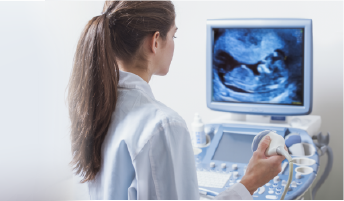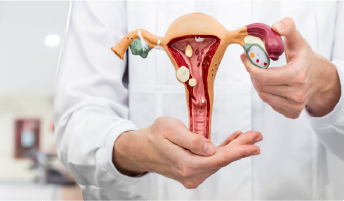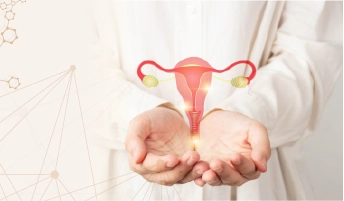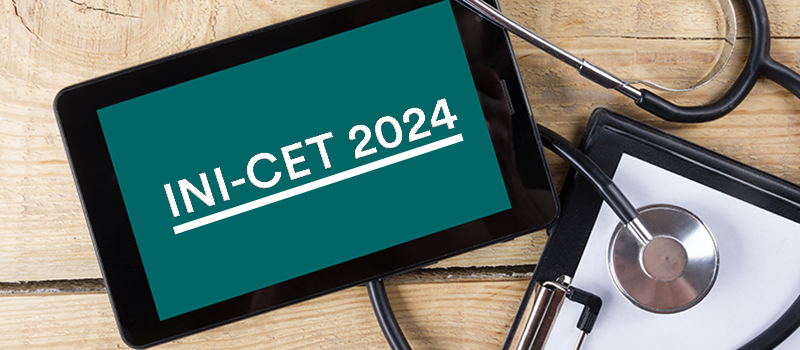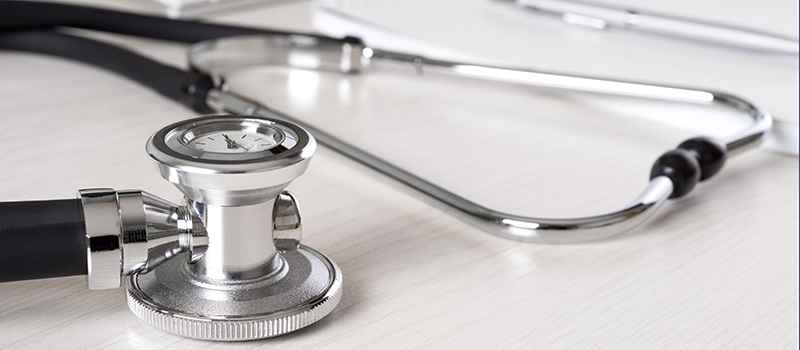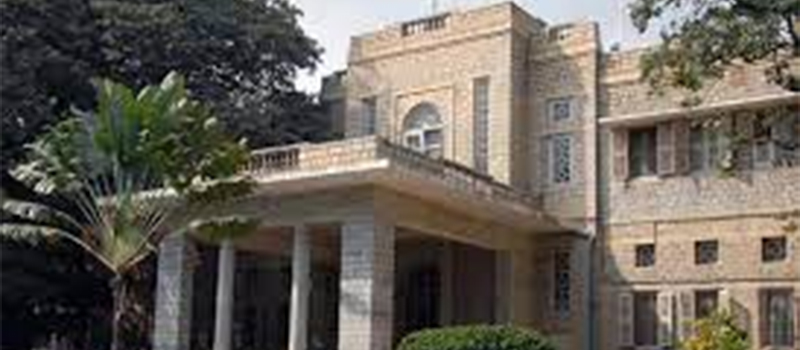National Medical Commission (Undergraduate Medical Education Board) on the notification dated 1st August 2023 released Competency Based Medical Education Curriculum (CBME) regulations 2023 for the MBBS programme. The latest CBME pattern elaborates on the subject competencies, broad subject-specific objectives, skills, and integration. The CBME regulations further include an academic calendar, schedule, training, new teaching/learning elements, phases of the MBBS curriculum, electives, clinical postings, and more.
Subjects Included in the MBBS Curriculum
| Professional Year | Subjects |
| 1st |
|
| 2nd |
|
| 3rd (Part I) |
|
| 3rd (Part II) |
|
New Teaching/Learning Elements
- Foundation Course
- Early Clinical Exposure
- Electives
- Professional Development including Attitude, Ethics, and Communication Module (AETCOM)
- Learner-doctor method of clinical training (Clinical Clerkship)
- Assessment
The Latest CBME Curriculum for MBBS Programme Includes
1. Training Period and Time Distribution
The first professional year must commence through the Foundation Course by the 1st August of each year from the academic year 2024-25. The foundation course aims to orient medical students to the undergraduate MBBS programme and provide them with the requisite knowledge, communication (including electronic), and technical and language skills.
There shall be no admission of students in respect of any academic session beyond 30th August from the academic year 2024-25.
The duration of the MBBS course shall be the same, i.e., four and a half years divided into four professional years from the date of commencement of the course to the date of completion of the examination followed by one year of compulsory rotating internship.
There will be at least 39 teaching weeks in each academic year, with each day of work requiring no less than eight hours, including one for lunch.
Didactic lectures are allowed to make up no more than one-third of the timetable; the other two-thirds must include interactive sessions, practicals, clinicals, or group discussions.
For greater student comprehension, teaching and learning must be vertically and horizontally linked and integrated across specializations.
Early clinical exposure, problem-oriented learning, case studies, community-oriented learning, self-directed, experiential learning, and electives should all be included in a learner-centered curriculum.
University exams will be conducted at the end of every professional year.
There will be supplementary examinations in case the students fail to clear the university exam and the supplementary exam result shall be processed within 3-6 weeks from the declaration date of the main exam results.
There will be no supplementary batches and hence, if any candidates fail the supplementary exams will have to join the next/subsequent academic year batch.
Partial attendance in an examination shall be counted as an attempt.
2. MBBS Phase-wise Curriculum
| Phase & Year of MBBS Training | Duration | Main Subjects | Additional Curriculum | University Examination |
| I | 12 Months (including the foundation course of one week and university exams) | Anatomy
Physiology Biochemistry |
Foundation Course
Introduction to Community Medicine, Humanities, Professional development including Attitude, Ethics & Communication (AETCOM) module. Family adoption programme through village outreach where-in each student shall adopt a minimum of three (03) families and preferably at least five (05) families and Pandemic module. Early clinical exposure, ensuring alignment & all types of integration and simulation-based learning. |
1st Professional |
| II | 12 Months | Pathology
Pharmacology Microbiology |
Family visit for FAP
Professional development including the AETCOM module. Introduction to clinical subjects ensuring both alignment & all types of integration and simulation-based learning. A part of training during clinical postings should take place at the primary level of health care. |
2nd Professional |
| III | 30 Months | |||
| III (Part 1) | 12 Months (including university exams and a 1-month elective course) | Forensic Medicine and Toxicology
Community Medicine It also includes one month for Electives. |
The curriculum includes Medicine & allied Surgery & allied, Pediatrics, and Obstetric & Gynecology foundational knowledge.
AETCOM Pandemic module Clinical Postings Family Visits under FAP Clinical teaching in General Medicine, General Surgery, Obstetrics & Gynecology, Pediatrics, Orthopedics, Dermatology, Community Medicine, Psychiatry, Respiratory Medicine, Radio-diagnosis (& Radiotherapy), and Anesthesiology & Professional development. Electives will be in 2 blocks of l5 days each in Final first; 1st block after the annual exam of III MBBS part I and 2nd block after the end of 1st elective |
Final Professional – Part I |
| III (Part 2) | 18 Months (including the university exam) | Medicine and allied specialties (General Medicine, Psychiatry, Dermatology, Venereology and Leprosy (DVL), Respiratory Medicine including Tuberculosis)
Surgery and allied specialties (General Surgery, Otorhinolaryngology, Ophthalmology, Orthopedics, Dentistry, Physical Medicine and Rehabilitation, Anesthesiology, and Radiodiagnosis) Obstetrics and Gynecology (including Family Welfare) Pediatrics |
AETCOM Module
Clinical Postings |
Final Professional Part – II |
3. Foundation Course
The time duration of the foundation course is one week and additionally spread over 6 months at the discretion of the college.
| Subjects/Contents | Teaching Hours |
| Orientation | 30 |
| Skills Module | 34 |
| Field Visit to Community Health Center | 08 |
| Introduction to Professional Development & AETCOM Module | 40 |
| Sports, Yoga, and Extra-Curricular Activities | 16 |
| Enhancement of Language/Computer Skills | 32 |
| Total | 160 |
4. Phase-wise Distribution of Teaching Hours
a. Teaching hours of First, Second, and Third Professional Part-1:
Time allotted: 12 months (approx. 52 weeks)
Time available: Approx. 39 weeks (excluding 13 weeks) (39 hours/week)
Prelim/University Exam & Results: 9 weeks
Vacation: 2 weeks
Public Holidays: 2 weeks
Time distribution in weeks: 39 weeks x 39 hours = 1521 hours for Teaching-Learning
b. Teaching Hours of Final MBBS Part-2:
Time allotted: 18 months (approx. 78 weeks)
Time available: Approx. 62 weeks (excluding 16 weeks) (39 hours/ week)
Prelim / University Exam & Results: 10 weeks Vacation: 3 weeks
Public Holidays: 3 weeks
Time distribution in weeks: 62 x 39 hrs = 2418 hrs available for Teaching- Learning
5. Clinical Posting
The Clinical Postings shall start from the II phases of the MBBS programme.
The duration of the Clinical Postings shall be 15 hours per week.
Clinical Posting Schedule in Weeks
| Subjects | Period of Training in Weeks | Total Weeks | ||
| II MBBS | III MBBS Part 1 | III MBBS Part 2 | ||
| Electives | 0 | 4 | 0 | 4 |
| General Medicine | 9 | 4 | 14 | 27 |
| General Surgery | 7 | 4 | 10 | 21 |
| Obstetrics & Gynecology | 7 | 4 | 10 | 21 |
| Pediatrics | 4 | 4 | 5 | 13 |
| Community Medicine | 4 | 4 | 0 | 8 |
| Orthopaedics | 2 | 2 | 4 | 8 |
| Otorhinolaryngology | 0 | 3 | 4 | 7 |
| Ophthalmology | 0 | 3 | 4 | 7 |
| Psychiatry | 0 | 2 | 4 | 6 |
| Radio-diagnosis | 0 | 0 | 2 | 2 |
| Dermatology | 2 | 2 | 2 | 6 |
| Dentistry | 1 | 0 | 0 | 1 |
| Anaesthesiology | 0 | 0 | 3 | 3 |
| Total | 33 | 36 | 62 | 134 |
6. Marks Distribution for Various Subjects for University Annual Examinations
For the university exams, there shall be two theory papers of 100 marks each and a practical examination of 100 marks for all the MBBS subjects of the 1st, 2nd, and 3rd (Part 1) phases of MBBS (except FMT).
The Forensic Medicine and Toxicology subject comprises one theory paper of 100 marks and one practical examination of 100 marks.
The exams of Final MBBS exams shall be as per the NExT regulations.
7. Electives
Electives on topics in areas such as Research Methodology, Use of Artificial intelligence and Computers in Health and Medical Education, Health Management, Health economics, Indian System of Medicine, Medical Photography /Clinical Photography, Global Health, Evidence-based Medicine, Art and Music in Medicine, Literary Activities, etc. may be provided by the college/ institution.
Based on both electives, the learner is required to submit a learning log book.
75% attendance in the electives and submission of log book maintained during electives is required for eligibility to appear in the final MBBS examination/NEXT.
8. Eligibility to appear for the Professional Examination
For a student to be eligible to sit for examinations, there shall be a minimum of 75% attendance in theory and 80% in practicals.
Students will not be permitted to take the Third Professional – Part II examination/NEXT if they do not have at least 75% attendance in the electives.
9. Internal Assessment
Internal assessment includes participation in the learning process including assignments, preparation for seminars, clinical case presentation, preparation of clinical cases for discussion, clinical case study/problem-solving exercises, and participation in projects for health care in the community.
Internal marks are not added to the summative assessment.
Competencies and skills marked in daily records and the log book are considered for the internal assessment evaluation.
There must be a minimum of three internal assessments for each topic in the first and second professional years, and a minimum of two assessments for each subject in the third and final professional years. Each clinical posting in a given professional year must have a post-posting clinical assessment done.
To be eligible to appear at the final university examination for a given subject, students must receive at least 50% of the total marks (combined in theory and practical in clinical; not less than 40% in theory and practical separately) in internal assessment in that subject. The results of the internal evaluations will count towards a distinct head of passing on the final test.
10. University Examinations and Result
The Prof exam shall include Long-Answer Questions -LAQ), Short-Answer Questions (SAQ), and objective-type questions.
A viva/oral examination shall evaluate the candidate’s approach to patient management, emergency preparedness, attitude, ethics, and professional values. The ability of the candidate to read standard investigative data, X-rays, specimen identification, ECGs, etc. will also be evaluated.
If a subject has two theory papers, the learner must receive at least 40% aggregate of the possible marks on the combined total of the two papers to pass the subject.
A candidate must receive 50% aggregate marks and 60:40 (minimum) or 40:60 (minimum) in a university-conducted examination, taken separately for Theory and Practical (which includes viva voce and practical/clinical components) in order to be declared as passed in that subject.
There shall be no grace marks to be considered for passing an examination.
A candidate cannot enroll in the second professional if they fail the first professional examination.
A candidate who fails the second professional examination may enroll in the third professional part I training, but he or she may not sit for the exam until the second professional examination has been passed.
A candidate who does not pass the third Professional (Part I) test will be permitted to enroll in the third Professional Part II training, but he will not be permitted to sit for the examination until the second Professional examination has been passed.

